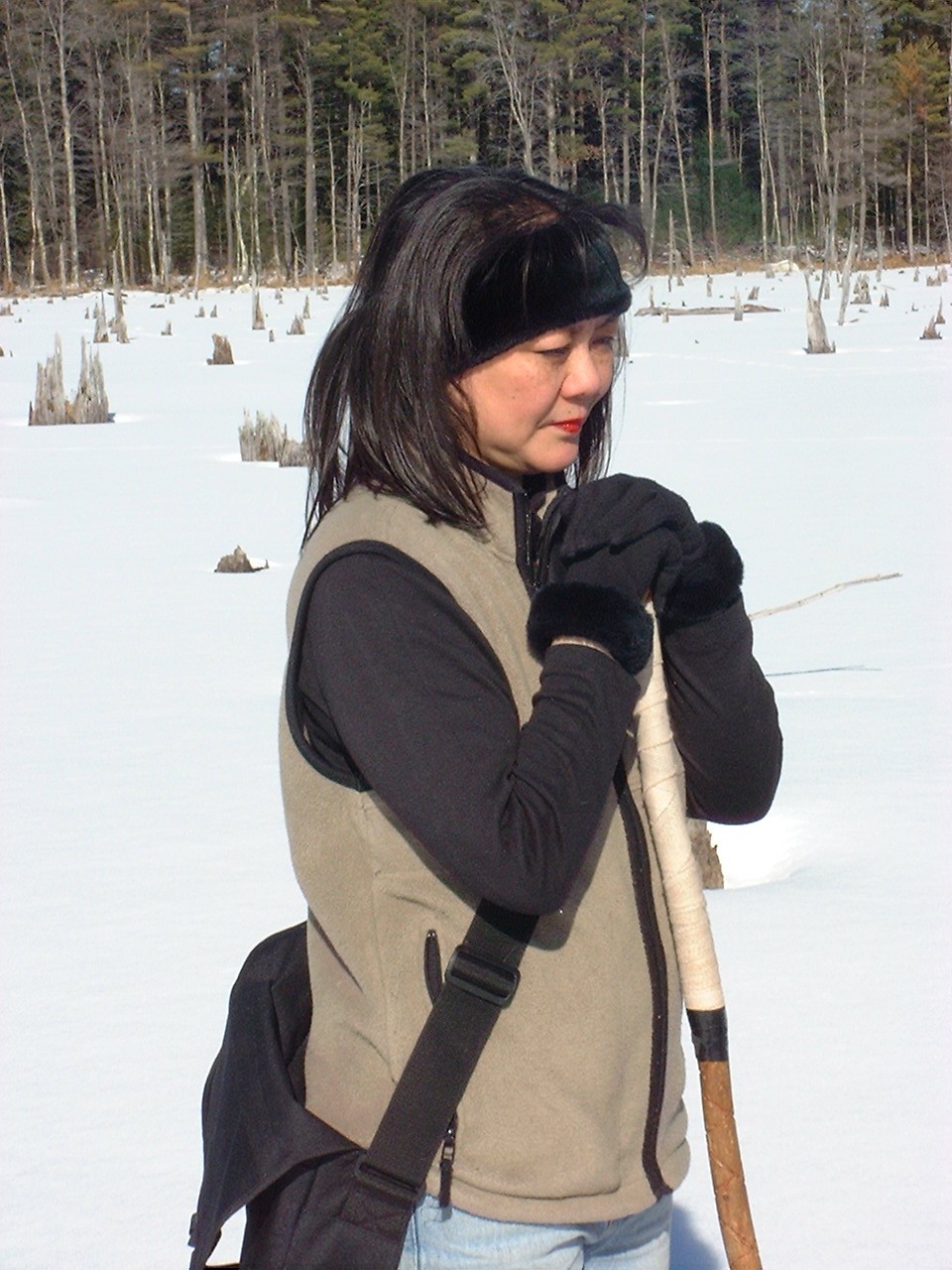

She approaches each topic wielding a linguistic shiv.

The book revolves around these competing obsessions-love, or rather, men, and her place in academia-even as it busies itself with keeping them at bay. Though the specifics of the narrator’s circumstances are never revealed, we learn that the academy rebuffed her work on depictions of love in literature, which aimed to demonstrate that “the desire to come apart irrevocably will always be as strong, if not stronger, than the drive to establish oneself.” Her observations swing from enthrallment to wry misanthropy: She swoons over the word “cantilevered,” but she is also delighted to fling worms at people.

Our recluse luxuriates in the textures of quotidian life, cataloguing meals prepared and baths taken, charting ill-starred affairs, and, tuned in to some transcendental bandwidth, recording the raging of storms and “the woodpigeon’s wings whack through the middle branches of an ivy-clad beech tree and the starlings on the wires overhead, and the seagulls and swifts much higher still.” She suspects that her “poeticized rendering” are wrought from wanting to sound “perspicacious and grown-up, and very aware of how one’s life develops according to the uncanny distillation of subtle kairotic shifts.” She is self-aware and jaded, but her jadedness is noncommittal. Pond concerns itself with the lot of an intense intellect as she nurses the bruises from a falling-out with the academy and constructs a world in which her irksome relationships with language and structure become her greatest assets. Yet she can’t help but anticipate their “alien and absurd” results, some of which are chronicled in this twenty-part miscellany. I think it has to stay where it is simmering in the elastic gloom betwixt my flickering organs.” For the time being, she writes in English with a warped dexterity that achieves startling descriptions of an “avuncular” sky, a car park that smells “exclusively of dishcloths,” and wanting Christmas to “slump backwards into its shambolic velvet envelope.” When she voices words, she tells us, they usually become “misshapen” and not at all what she had in mind. “I’m not sure it can be made external you see.

Here, she has given herself over to a ripe compulsion to grammatize her experience of the world. “Regrettably I don’t think my first language can be written down at all,” explains the unnamed narrator of Claire-Louise Bennett’s debut novel Pond, which leaves us in the idle hands of a woman who has abandoned academe and retreated, alone, to a stone cottage in the Irish countryside.


 0 kommentar(er)
0 kommentar(er)
